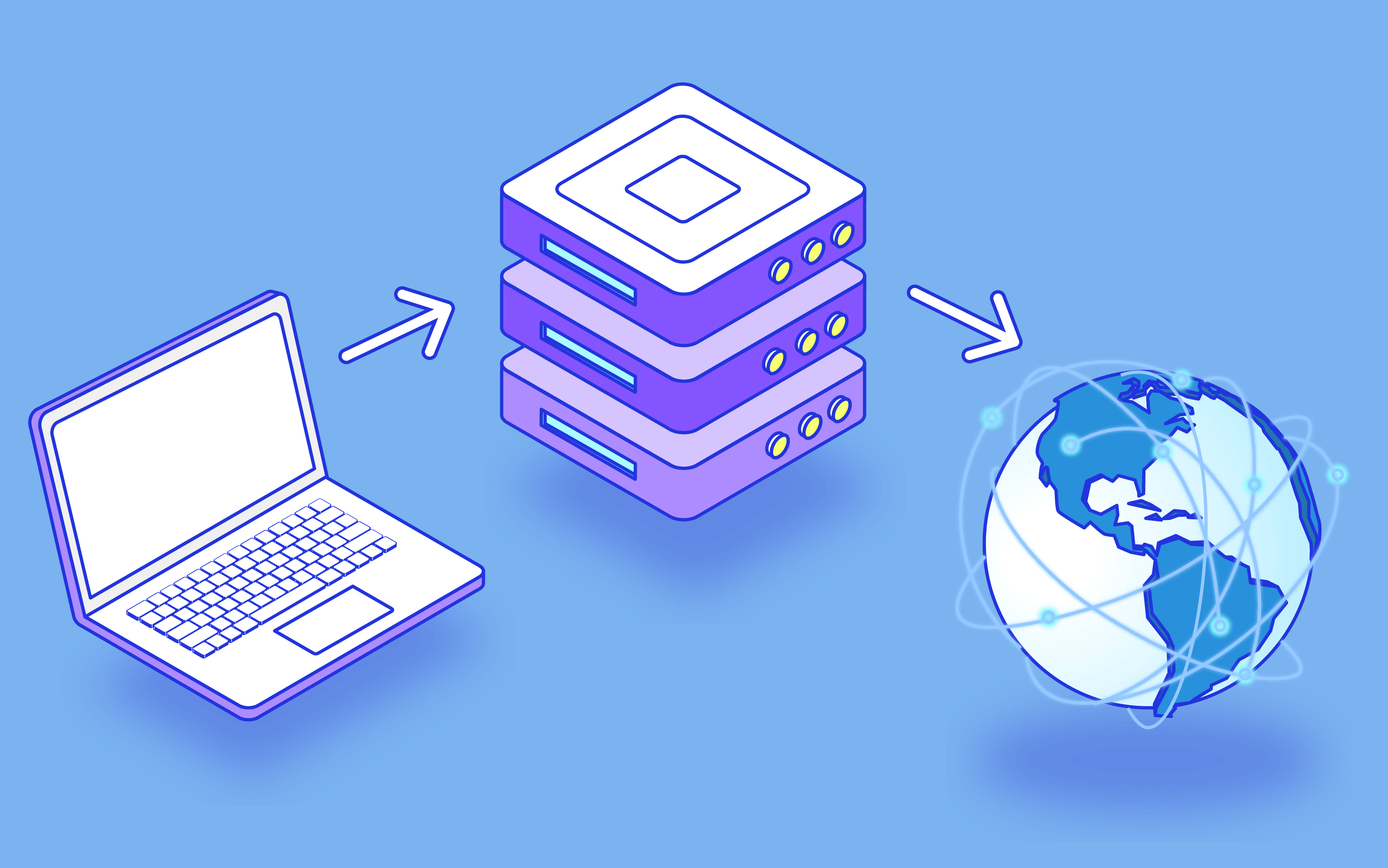
What is an IPv4 Proxy Server and How Does it Work?
An IPv4 Proxy Server is a type of network device that acts as an intermediary between a computer and the internet. It is used to mask the IP address of the user and provide access to websites or services that are not available in their area. The proxy server allows users to access content, applications, and services on the internet without revealing their real IP address. It also helps protect privacy by hiding browsing activity from ISPs and other third-parties. An IPv4 proxy server works by routing traffic through its own IP address, which makes it appear as if the traffic originated from its own network instead of the user’s computer. This allows users to bypass geo-restrictions and access content that would otherwise be unavailable in their region.
IPv4 vs. IPv6 – What’s the Difference?
The Internet Protocol (IP) is the primary protocol used to route and deliver data over the internet. IP addresses are used to identify computers and other devices connected to the internet. IPv4 and IPv6 are two versions of this protocol, and they have some important differences that need to be understood in order to use them properly.
IPv4 is the fourth version of the Internet Protocol, which was first introduced in 1981. It uses 32-bit addresses, allowing for a total of 4,294,967,296 unique IP addresses. This number may seem large but it is not enough for the growing demand for internet access around the world.
On the other hand, IPv6 was introduced in 1998 as an upgrade from IPv4. It uses 128-bit addresses, which can support up to 340 undecillion unique IP addresses – that’s a lot! This allows more devices than ever before to be connected to the internet with their own unique address.
Benefits of Using an IPv4 Proxy Server
An IPv4 proxy server, such as Proxy-Sale provides is a great way to secure data transmission, protect yourself from hackers and cyberattacks, and bypass geo-restrictions, visit website. It is a valuable tool for businesses that need to ensure their data is kept safe, as well as for individuals who want to access content that may be restricted in their country. A proxy server can help you stay anonymous online while also providing you with the security of knowing your data is safe. In addition, it can help you bypass geo-restrictions so you can access content from other countries without any issues. With an IPv4 proxy server, you can enjoy the benefits of secure data transmission and safety from hackers and cyberattacks while also being able to access content from around the world.
How to Set Up an IPv4 Proxy Server
Setting up an IPv4 proxy server can be a great way to protect your online privacy and security. With the right proxy settings, you can route your internet traffic through a secure server and keep your data safe from hackers and other malicious actors. In this article, we will discuss how to set up an IPv4 proxy server manually or automatically. We’ll also go over the different types of proxies available and their advantages and disadvantages. Finally, we’ll provide some tips for setting up a secure proxy server with minimal effort.
What are the Best Tools & Software for Setting up an IPv4 Proxy Server?
Setting up a reliable proxy server can be a daunting task, especially if you don’t have the right tools and software. Fortunately, there are a number of reliable tools and software that can help you set up an IPv4 proxy server quickly and easily. These tools and software will allow you to configure your own proxy server with minimal effort, providing you with the security and privacy needed for your online activities. In this article, we will discuss some of the best tools and software available for setting up an IPv4 proxy server. We’ll also provide some tips on how to choose the right one for your needs.
